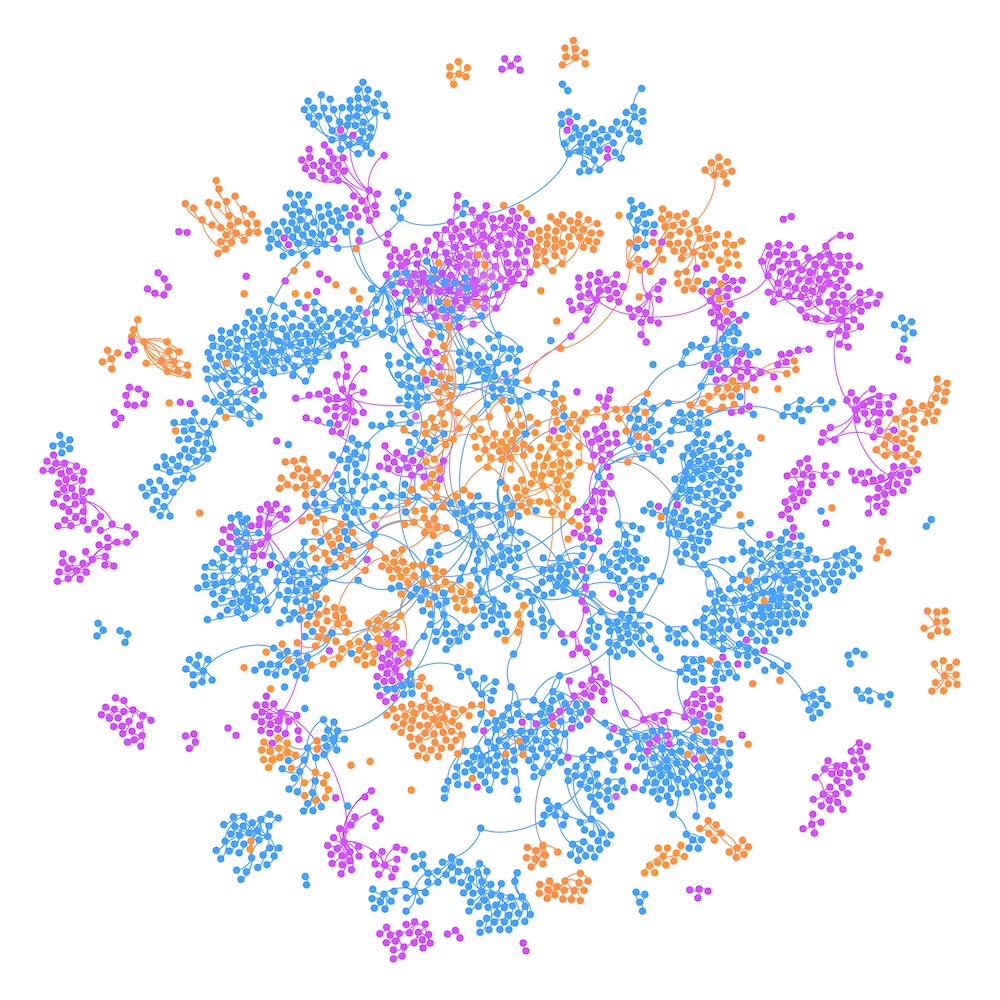Citation patterns are not natural, neutral, emergent, or involuntary. They reveal the collective biases of a scientific community. Women, Black, Indigenous, disabled, part-time researchers, and people from the Global South receive fewer citations for their works unless the pattern is actively counteracted.

There are a few of these authors in most scientific communities because they cannot easily get in and be recognized as an authoritative source, whence the pattern is mindlessly repeated. Breaking the pattern and citing the citedless requires extra, conscious, concerted efforts to find who the scientific community has systematically excluded from authority structures. Since these people are typically the same who bear negative body differences in society, we can deter that the scientific community is uncritically reproducing oppression relations through citation patterns.
The centralized oppressive pattern is preserved through everyday work interactions that seem rational, normal, and fair. Citing the White-male-anglo-rich-old authors who have centralized the citations in their fields is mandatory for any new research because it must acknowledge previous research. It seems unavoidable. In contrast, citing the lesser known, the less cited author should be done with caution, as reviewers might not accept their claims.
Oppressed objectivity goes hand in hand with privileged subjectivity. For example, developing scholarships with friends is not a problem, as you can and should cite your friends that are pretty much like you in terms of racialized or gendered body differences.
I am going to share a personal anecdote that illustrates that. My position in this discussion is of a White cis man born and raised in Brazil. Looking for better conditions for doing research, I pursued doctoral studies in the Netherlands, where some of my European ancestors came from. I first realized that I was no longer a White person in the Netherlands. I was a Latino. The second thing I realized is that most things I knew were not considered knowledge there.
For example, I had to give up my previous research program of exploring possible contributions of Latin American Cultural Studies to Participatory Design because the authors I worked with — Jesus Martín-Barbero and Néstor García Canclini — did not publish in the high-impact journals that the Dutch and European academic system used to evaluate research quality. Upset, I accepted that and studied European Marxist canons, but I ended up with a thesis that had mild relevance to the Brazilian context I returned to four years later.
At that time, I reconnected with the Latinamerican tradition of critical work and read unranked-by-the-North journal papers and not-yet-translated-to-English books. Only then, could I understand the citational injustice that forked my academic career and impacted my life, making me feel like I knew less important matters just when I needed to defend myself against academia in the oppressive doctorate ritual.
Our Citational Justice Collective once wrote:
Citation patterns are not a single oppressive system of scholarly rituals but get embedded in many infrastructures that shape research and academic life, and as computing professionals we can significantly contribute to shaping the infrastructures of the future. But we can do it.